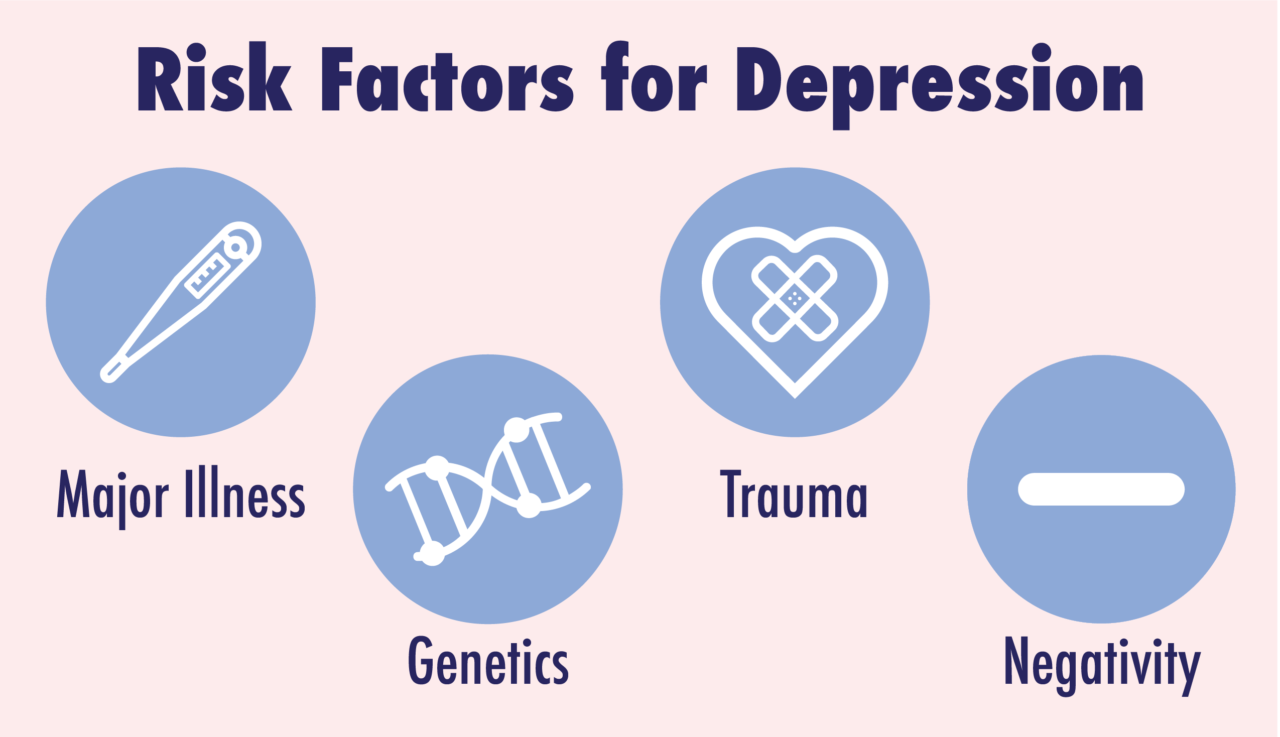Table of Contents
The Link Between Depression and Suicide Risk
Recognizing Depression in Pregnant Women
Factors Contributing to Depression
Impact on Maternal and Child Health
Addressing the Stigma
Support Systems for Pregnant Women
Long-Term Strategies for Mental Health
Overcoming Barriers to Seeking Help
Case Studies and Success Stories
The Role of Partners and Family
Empowering Women Through Awareness
The Road to Recovery
Conclusion
The Link Between Depression and Suicide Risk
Depression during or after pregnancy is more than just a fleeting emotional phase; research has shown that it significantly raises the risk of suicide, a risk that extends far beyond the immediate postpartum period. This long-term mental health concern can affect women for years, making early intervention and continuous support critical. Understanding the connection between postpartum depression and suicide can help in mitigating risks and providing better care to affected women.

Recognizing Depression in Pregnant Women
Recognizing the signs of depression in pregnant women is crucial for effective intervention. Symptoms such as persistent sadness, overwhelming fatigue, changes in appetite, and difficulty concentrating should raise concern. While pregnancy brings about emotional fluctuations, when these signs become severe or last for an extended period, they can indicate depression. Early detection and support are key in preventing the long-term effects of untreated depression, ensuring better outcomes for both the mother and the child.
Factors Contributing to Depression
Various factors contribute to depression during pregnancy, including hormonal changes, a history of mental health conditions, and social stressors such as financial insecurity or lack of support. The transition to motherhood can be overwhelming, and many women struggle to cope with the physical, emotional, and lifestyle changes. A combination of these factors makes pregnant women especially vulnerable to mental health challenges, which can be mitigated through proper care and understanding from healthcare providers and family members.

Impact on Maternal and Child Health
Depression during or after pregnancy not only affects the mother’s mental health but also has significant implications for her child. The bond between mother and child during the early months is crucial for the child’s emotional and psychological development. Untreated depression can impair this bonding process, potentially leading to developmental and behavioral challenges for the child in the future. Addressing maternal depression helps protect both the mother’s and the child’s well-being.
Addressing the Stigma
One of the greatest barriers to women seeking help for depression during or after pregnancy is the societal stigma surrounding mental health. Many women feel ashamed to admit they are struggling with depression, fearing judgment or dismissal. Breaking down these barriers is essential for fostering a supportive environment where women feel empowered to seek the help they need without fear of being stigmatized. Public awareness campaigns and open conversations can play a major role in reducing the stigma surrounding maternal mental health.

Support Systems for Pregnant Women
Effective support systems, including healthcare professionals, family, and community groups, are crucial for women battling depression during pregnancy. Healthcare providers should be trained to recognize the signs of depression and offer appropriate treatment options, whether through therapy, medication, or a combination of both. Additionally, having a supportive network at home can make a significant difference in a woman’s mental health during pregnancy and postpartum.
[Insert Image Here]
Long-Term Strategies for Mental Health
Long-term strategies for managing depression involve not just short-term treatment but a comprehensive approach to mental health that includes therapy, support, and resilience-building. Helping women develop coping strategies to deal with stress, ensuring they have access to ongoing mental health care, and providing emotional support from family and friends are essential in reducing the long-term effects of depression and decreasing the risk of suicide.
Overcoming Barriers to Seeking Help
Cultural and social barriers can make it difficult for some women to seek help. In many cultures, mental health issues, particularly during pregnancy, are seen as a taboo subject. Addressing these cultural challenges by increasing mental health awareness and ensuring that women know where and how to access help is crucial for improving outcomes. It is important to create an environment where mental health services are accessible and women feel comfortable seeking assistance.

Case Studies and Success Stories
Real-life stories of women who have overcome depression during or after pregnancy can offer hope and inspiration to others facing similar struggles. By sharing these stories, we can show that recovery is possible and encourage more women to seek the help they need. These success stories serve as powerful reminders that no one has to face depression alone, and with the right support, women can reclaim their mental health and live fulfilling lives.
The Role of Partners and Family
Partners and family members play a crucial role in the recovery of women with depression during pregnancy. Their understanding, compassion, and active participation in the care process can significantly impact the mental health outcomes for the mother. Encouraging family members to be involved and supportive creates a more nurturing environment, helping the woman feel less isolated and more supported in her journey toward recovery.
[Insert Image Here]
Empowering Women Through Awareness
Educating women about mental health, especially during pregnancy, is essential for empowerment and prevention. By providing women with knowledge about the potential signs of depression and how to seek help, we can reduce the stigma and encourage proactive mental health care. Open dialogue about maternal mental health can ensure that women feel safe discussing their struggles and seeking help without judgment.
The Road to Recovery
Recovery from depression during or after pregnancy is a gradual process, marked by both setbacks and successes. It is important to celebrate small victories and progress along the way. With the right support and resources, women can recover and live fulfilling, healthy lives. Acknowledging the resilience of women who have faced this challenge can inspire others to take the necessary steps toward their own mental health recovery.
Conclusion
Depression during or after pregnancy is a serious issue that can affect the well-being of both mother and child. It is essential to recognize the signs early, provide support, and address the stigma surrounding mental health. By doing so, society can help ensure better mental health outcomes for mothers and their families. Through awareness, education, and robust support systems, we can make a significant impact on maternal mental health and reduce the risk of suicide.


You must be logged in to post a comment.